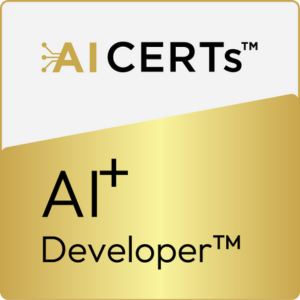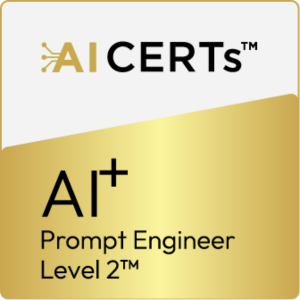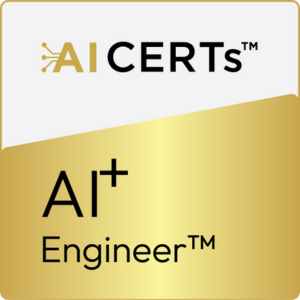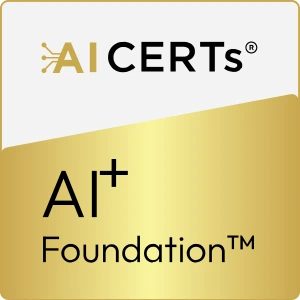Prerequisites
- Basic Math Knowledge: High-school-level algebra and statistics are desirable.
- Computer Science Fundamentals: Familiarity with variables, functions, loops, and data structures like lists and dictionaries.
- Programming Skills: A foundational understanding of coding is recommended.
Exam Details
- Modules (12)
- Examination (1)
- 50 MCQs, 90 Minutes
- Passing Score (70% (35/50) )
Exam Blueprint
| Modules | Percentage |
|---|---|
| Foundations of Artificial Intelligence (AI) | 5 |
| Mathematical Concepts for AI | 5 |
| Python for AI Development | 10 |
| Mastering Machine Learning | 15 |
| Deep Learning | 10 |
| Computer Vision | 10 |
| Natural Language Processing (NLP) | 15 |
| Reinforcement Learning | 5 |
| Cloud Computing in AI Development | 10 |
| Large Language Models (LLMs) | 5 |
| Cutting-Edge AI Research | 5 |
| AI Communication and Documentation | 5 |
What you will get
High-Quality Videos, E-book (PDF & Audio), and Podcasts
AI Mentor for Personalized Guidance
Quizzes, Assessments, and Course Resources
Online Proctored Exam with One Free Retake
Comprehensive Exam Study Guide
Why This Certification Matters
Master Key AI Development Skills
Learn Python, deep learning, advanced concepts, and optimization techniques to build robust AI solutions.
Specialize in Cutting-Edge AI Domains
Gain expertise in natural language processing, computer vision, or reinforcement learning, alongside data processing, exploratory analysis, and time series analysis.
Stay Ahead in AI Development
AI is transforming industries, and organizations seek developers with strong proficiency in deploying AI models to solve real-world problems.
Advance Your Career in AI Development
With growing demand across tech, finance, and healthcare sectors, this certification positions you as a leader in AI-driven development.
Who Should Enroll
Software Developers
Enhance your coding expertise by mastering AI algorithms and deep learning techniques.
Data Enthusiasts
Apply AI-driven data analysis, machine learning models, and deep learning to solve complex problems.
Computer Vision and NLP Researchers
Dive into specialized AI fields, including computer vision and natural language processing.
IT Specialists and System Architects
Integrate AI solutions into existing systems and optimize performance.
Students and Fresh Graduates
Build a strong foundation in AI development and prepare for future opportunities in tech.
GitHub Copilot
Lobe
H2O.ai
Snorkel
Prerequisites
Basic math, including familiarity with high school-level algebra and basic statistics, is desirable
Understanding of core programming concepts such as variables, functions, loops, and data structures like lists and dictionaries is essential
Fundamental programming skills are required
Exam Blueprint:
- Foundations of Artificial Intelligence (AI) - 5%
- Mathematical Concepts for AI - 5%
- Python for AI Development - 10%
- Mastering Machine Learning - 15%
- Deep Learning - 10%
- Computer Vision - 10%
- Natural Language Processing (NLP) - 15%
- Reinforcement Learning - 5%
- Cloud Computing in AI Development - 10%
- Large Language Models (LLMs) - 5%
- Cutting-Edge AI Research - 5%
- AI Communication and Documentation - 5%
Frequently Asked Questions
What will I gain from completing this certification
You will gain proficiency in Python programming, deep learning, natural language processing, computer vision, reinforcement learning, time series analysis, model explainability, and deploying AI models in cloud environments. You will also receive the AI+ Developer™ certification upon successful completion.
Do I need any prior AI knowledge to join this course
No prior AI experience is required, but a basic understanding of Python, programming fundamentals, algebra, and statistics is recommended to successfully navigate the course content.
Are there any hands-on projects in the course
Yes, the course includes several hands-on labs and real-world projects focused on NLP, computer vision, reinforcement learning, and end-to-end AI solution development.
Can I choose a specialization during the course
Yes, you can choose to specialize in domains such as natural language processing, computer vision, or reinforcement learning, depending on your interests and career goals.
How will my progress be evaluated
Your progress will be assessed through module-based quizzes and a final proctored exam. The course also includes practical project work to ensure applied learning.
